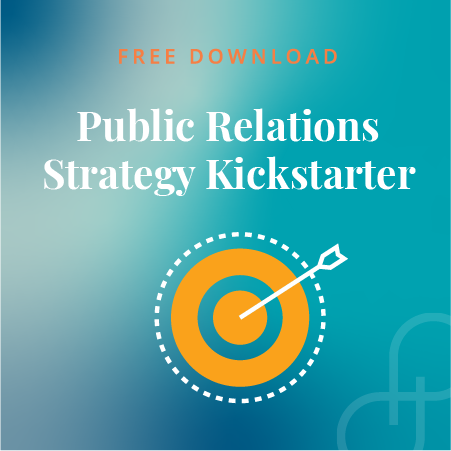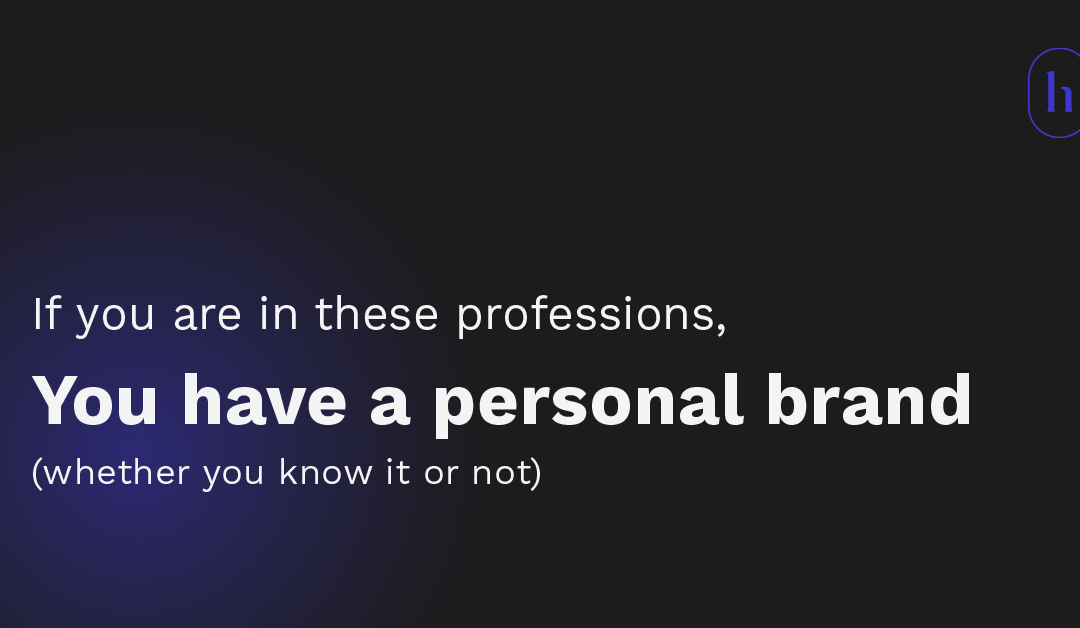
Overcoming Cobbler’s Children Syndrome
Overcoming Cobbler’s Children Syndrome

In 2015, my original business partner and I put $5 in the bank, picked a business name, and started a company. We saw a need for a marketing agency that was more consultative and strategic, one that could come up with creative ideas to fight the mediocre and boring status quo for which most companies settle.
We founded Hoyden with values that we still live by today: always asking “why” to identify and solve problems and prioritize efforts, delighting others through strategic excellence, always striving to make others the hero, and gratefully looking for the lesson in each new experience.
As Hoyden has grown, we have entered new markets, gained expertise in new areas, and partnered with brands that are eager to leave the status quo behind and see their brand elevated in the eyes of employees, customers, and key stakeholders. Now in our 7th year, Hoyden is expanding – not only in team members and clients but also in location. In the past several years, we transitioned to a fully remote team with employees in Michigan, Ohio, and Maryland and are now serving clients in a number of states.
As the company has matured, it became apparent that our image didn’t meet the perception of our work. The business phenomenon of the cobbler’s children – who didn’t receive the benefits of their father’s shoemaking talents – had played out. As cobblers, we were so dedicated to the needs of our clients that we didn’t take the time to “make shoes” for our own family by updating the Hoyden look to reflect the brand more accurately.
Our rebranding effort was focused representing what Hoyden has become: a talented team of brand strategists, creative geniuses, and dedicated, brilliant women who elevate each other, clients, and brands to greater heights than ever before. Our future is bright, bold, and limitless, and now our brand reflects just that.







